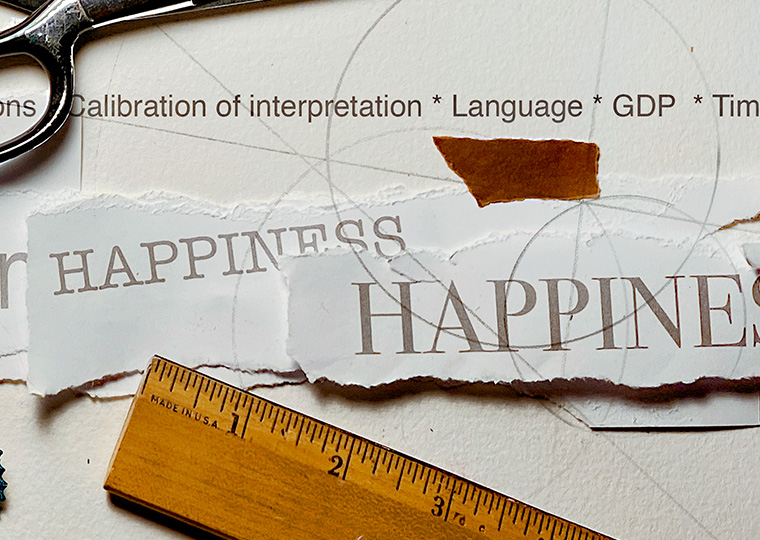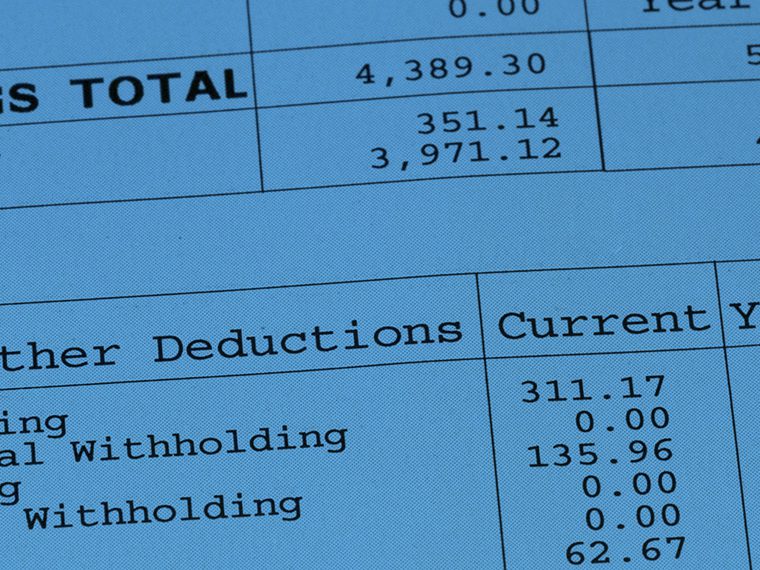Revealed compensation might motivate workers to do more, without a raise
Few topics seem so simple but are actually as complex and confounding as pay transparency.
Decades of debate about whether employers ought to be forced to reveal pay levels for classes of workers and for individuals have revolved around the persistent problem of the gender wage gap. Women, as of 2021, were making about 83.1% of the pay of men. And at the rate of recent progress, it would take another 40 years for women, averaging across races, to reach parity.
Opt In to the Review Monthly Email Update.
So, goes the appealing logic of pay transparency, reveal all so that women and others who are underpaid can demand equal treatment. It is certainly true that any effective effort to redress the gender wage gap requires such data. But the belief that the data would be effectively used by underpaid workers — and only by them — runs into some complicated workplace realities.
In prior work on pay transparency, researchers came to the conclusion that employers, suddenly able to see compensation data across their industry and elsewhere, would drive a harder bargain on pay, resulting in generally lower wages and higher profits.
And another study suggested that workers already earning the most would likely be the most aggressive in using the data to seek a raise, undermining the hoped for leveling effect.
Unintended Consequences on Employee Efforts
Now comes a pair of studies that suggests greater transparency about pay would prompt employees to work harder — for reasons that vary by the work situation and the worker’s temperament — without getting a raise in pay. The studies could encourage some employers who’ve long tried to keep pay data secret to test the transparency waters in pursuit of a productivity boost. And that could leave some workers feeling less happy.
In a working paper, Southern University of Science and Technology in Shenzhen’s Xiu Chen and Xiaoshuai Fan, Hong Kong University of Science and Technology’s Ying-Ju Chen and UCLA Anderson’s Christopher Tang use a laboratory experiment to test how different pay-transparency policies might affect the amount of effort subjects put into performing a computer task.
Participants in the study put in greater effort and their performance improved when they were told how much others in the group were paid. What’s more, it wasn’t necessary to reveal individual pay information. Just knowing average pay produced the same benefits.
In a separate working paper, Fan, Chen and Tang, along with Southern University’s Qingye Wu, use a theoretical model to examine how pay transparency might affect job performance and satisfaction when workers have a biased view of their abilities, which gives them unrealistic ideas of what they should earn.
The model considered workers who were overconfident, placing a higher value on their skills than actual performance warrants, or underconfident, the well-known “imposter syndrome.”
An Unexpected Impact on Job Satisfaction
Revealing pay information, the model suggests, could lead both types of employees to work harder, for different reasons. Overconfident workers will seek to stay ahead of colleagues, while underconfident ones will put in more effort to avoid falling behind. (Unbiased employees, meanwhile, will also work harder to match the efforts of co-workers.)
The model, however, doesn’t see a uniformly happier workplace. Sharing salary information can also lead to lower job satisfaction. Only underconfident employees feel better knowing what others make, probably because they’re pleasantly surprised to learn they’re not only paid more than expected, but more than co-workers.
Companies that actively publish pay information are the exception. Only about a quarter of HR professionals in a 2019 LinkedIn survey said their companies shared salary information.
Social comparison is central to the analysis in both studies, which consider how “ahead seeking” and “behind aversion” affect employees’ effort and performance when they have information about their colleagues’ pay.
An Employer’s Sweetest Dream?
In their laboratory experiment, the researchers found that participants exerted more effort after learning what others in their group were paid, regardless of whether they earned more or less than the other subjects.
For the experiment, volunteers were recruited to play a computer ball-catching game and were paid based on the number they caught. Participants played multiple rounds and at the end of each round were told how much they earned. In addition, some were also told how much each individual in the group was paid and others were given just the average pay.
Those who learned what others were paid performed significantly better than those who didn’t. The fact that the effects were roughly the same whether they received full or average salary information suggests that employers can get the benefits of pay transparency without resorting to publishing everyone’s salary.
“It is more pragmatic for an employer to provide average pay,” the authors write. Because in doing so, the employer can avoid the threat to privacy that comes with full disclosure.
In the other paper’s model, social comparison is complicated by the overconfidence or underconfidence of the workers.
Here, the biased employee lives in an imaginary world, believing his or her abilities are either greater or less than their actual performance would indicate. When they don’t know how much others are paid, overconfident employees — who have a high opinion of their own abilities — will believe that working harder will lead to higher pay, so they eagerly put in greater effort. Employees with less confidence don’t believe extra effort is worthwhile.
(A mismatch between the biased employees’ pay and their imagined abilities doesn’t cause them to readjust how they view those abilities. If an overconfident employee finds that he’s paid less than expected, he simply blames the “mistake” on random factors or perhaps employer sabotage. And if an underconfident employee gets higher-than-expected pay, the result is “dismissed as luck,” the authors write.)
Would Employers Choose Productivity Over Worker Happiness?
While social comparison will lead both kinds of biased workers to work harder, they don’t all experience greater job satisfaction from the extra effort. Extremely overconfident workers will work harder, but seeing the gap between their expected pay and what others are making will make them more dissatisfied with the extra effort. Underconfident employees will be pleased if they learn they make more than others.
The results, the authors note, suggest that both supporters and opponents of pay transparency have a point — it can motivate employees to work harder, but it can also make many of them unhappy with their jobs.
There’s another lesson here for employers: If they’re going to be open about employee pay, they’re better off recruiting those that show signs of imposter syndrome, who will work harder and be happier about it.
“If the [employer] cares about both job satisfaction and working performance, then recruiting underconfident [employees] is a not bad solution, due to higher job satisfaction and higher (although it is not the highest) working performance,” writes Fan in an email.
Featured Faculty
-
Christopher Tang
UCLA Distinguished Professor; Edward W. Carter Chair in Business Administration; Senior Associate Dean, Global Initiatives; Faculty Director, Center for Global Management
About the Research
Chen, X., Fan, X., Tang, C.S., and Chen, Y-J. (2022). A Theoretical and Experimental Evaluation of Pay Transparency Policies and Payment Schemes.
Fan, X., Wu, Q., Chen, Y-J., and Tang, C.S. (2022). The Implications of Pay Transparency in the Presence of Over- and Underconfident Agents.






